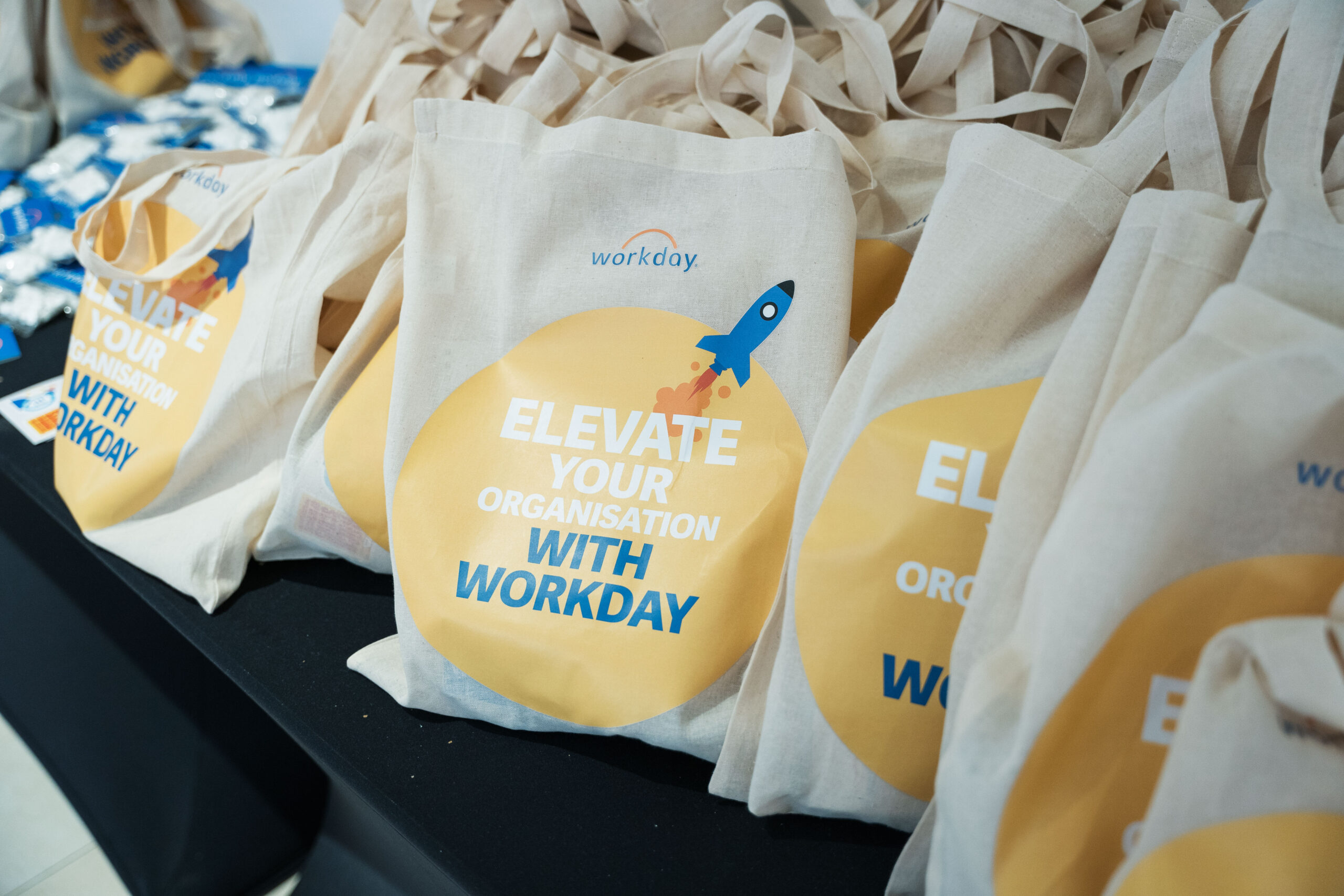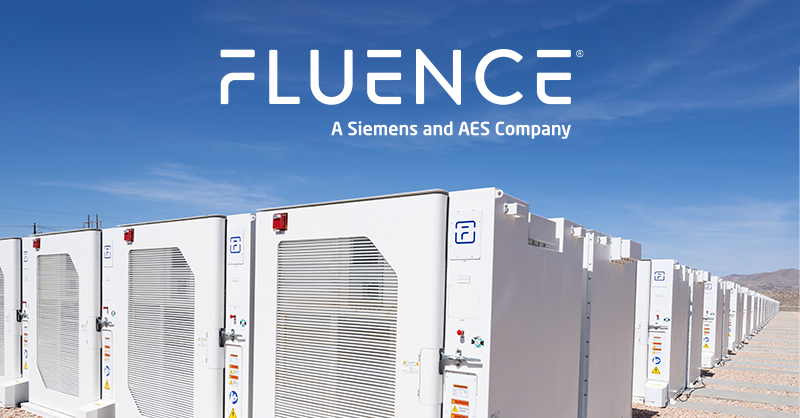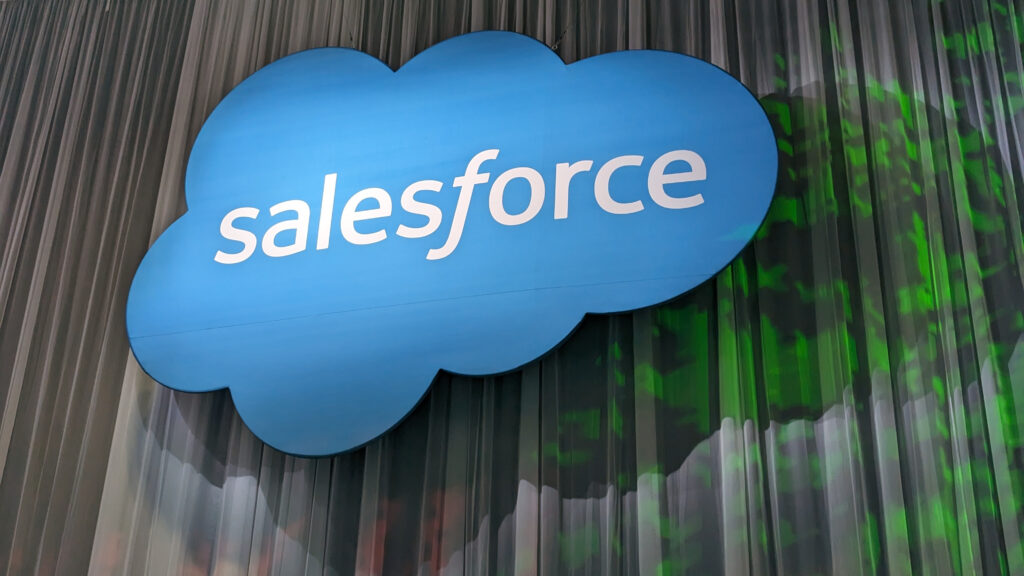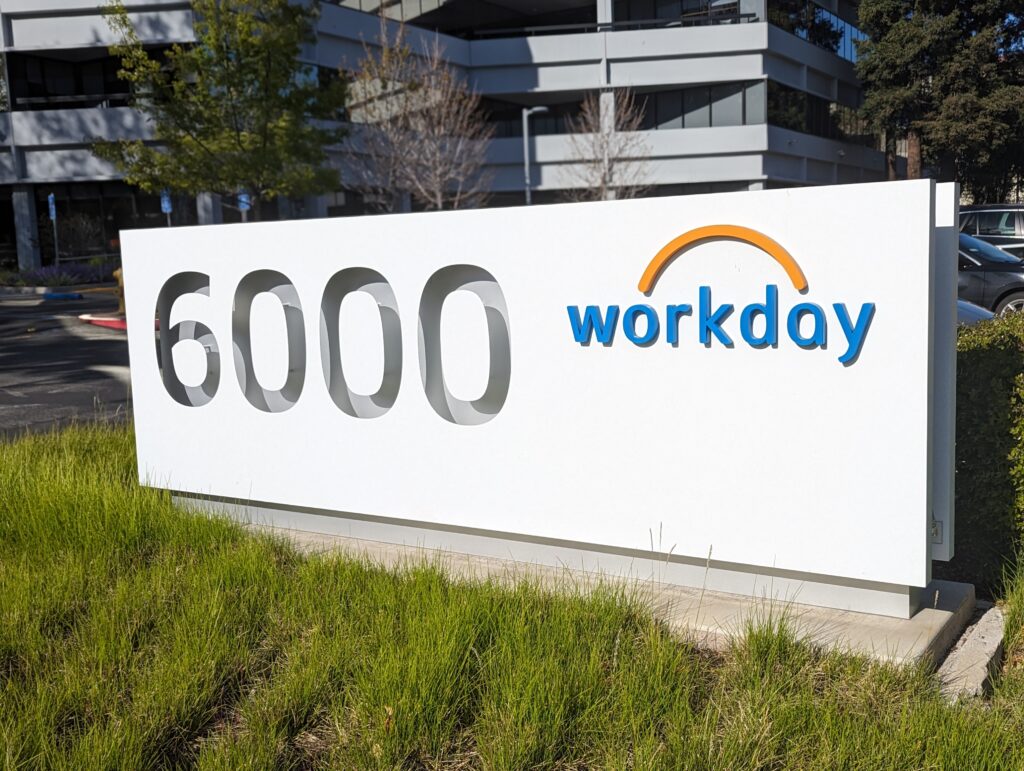The future of work and human capital management (HCM) has been a hot topic since the pandemic, and many a consultancy report has tried to stick a pin into the how and where when it comes to this decade’s workforce trends.
Accenture has arguably put its best foot forward the most when it comes to the matter, delivering more than just cutting-edge reports by also investing in the tech it espouses. Its biggest venture in this arena was probably deploying 60,000 virtual reality (VR) headsets to its workforce as a way of onboarding in the metaverse, something I brought up in a conversation this week with Accenture and Workday at an event in London.
The occasion was Workday Elevate London, the UK leg of Workday’s global customer celebration. In attendance, among others, was Filip Gilbert, global Workday GTM lead & HR technology lead, Accenture, who discussed Accenture’s interesting role as both Workday customer and partner.
Speaking on the metaverse, specifically the industrial one, Gilbert remarked on the use of digital twins developed by Accenture as simulations for skills development in sectors like energy.
“There’s certification there, and to keep your license you need to spend x amount of time in the simulator which you can log into your core HR platform… That’s something the Workday platform integrates. (As a technology partner) we actually built an integration between VR and Workday to do the registration of what people do in that VR environment.”
Back in the real world, myself and Filip were talking as part of a Workday Elevate roundtable wherein the envisioned future of work was one that had clearly moved on from the metaverse into the realm of generative AI (GenAI). Forward-thinking thoughts flew back and forth from Workday’s Patrick Blair, president, global sales, Angelique De Vries Schipperijn, president of EMEA and Daniel Pell, the company’s brand new country manager for UK&I.
“Workday goes back ten years with machine learning and artificial intelligence as a topic,” De Vries Schipperijn reminded the room. “One of the strong elements we have is the ‘cleanness’ of how the system is being built up with a single source of truth at its core. That’s absolutely the difference between us and others in how we developed the software natively – yes, starting in the cloud but with the single source of truth.”
“AI is only as good and trustworthy as the data that’s available,” agreed Blair. “With ChatGPT and the dark web there’s some scary things out there if the data is not accurate.”
“This screams for blockchain,” Gilbert added, calling for the web3 tool to be made standard practice in ensuring a single source of truth.
“A skill could also be a transposable thing on the blockchain,” he continued. “I would prefer to have a role-defined place where I can keep my skills profile that can then be extracted and incorporated in a Workday platform.”
Blair agreed, pointing to the example of LinkedIn where you can put “whatever you want on there”.
“One of the values of our skills product is this universal ontology where the data can be shared within the business – and you know that’s it clean data.”
How did Accenture and Workday elevate a chip giant?
Skills was a big topic in the Workday Elevate roundtable, with Pell revealing he’d very recently met with the UK government on upskilling the nation’s workforce – “I want to help UK&I plc, we want to help the great countries we service at Workday,” he said, “and we strongly agreed that skills plays a really strong part of that.”
With Accenture a Workday partner, I honed in with Gilbert on how the two can upskill through HCM elevation. The answer revolved around a chip making giant which, like all of the HR tech customers Accenture is serving on a global scale, required skills not across the board but in a specific area to solve a specific business problem.
The chipmaker in question needed to upscale the digital skills and capabilities of its frontline salespeople. “For that,” he explained, “they did a complete review of their job descriptions and skills that went with that, started individual development planning and an upscaling of those people..so they could not just sell chips but sell the solutions that are powered by those chips.”
Gilbert revealed the project took three months instead of the expected six to nine. He puts this down to the AI hybrid model at work in Workday’s skills platform, normalizing 30,000 jobs down to 600 within the job architecture.
The Accenture lead predicts GenAI to impact the “entire industries” which rely on writing job descriptions. But he points out systems today can’t yet master job grading, and that companies are favoring the hybrid approach in this regard.
“For job grading they still more rely on the human aspect to do an interpretation of that job description to find the grade which feeds the financial recognition and remuneration attached to that specific role.”
“More and more companies are doing the job readings traditionally, but then they add the skills profile using modern technology. So you see hybrids in the customer base, but I think it will move further.”
Outside of ChatGPT, the metaverse and blockchain, the future of work may therefore be a more prosaic vision wherein Workday’s backend meets Accenture’s forward-thinking – a hybrid relationship that reflects the hybrid nature of humans and tech in the workforce today.




